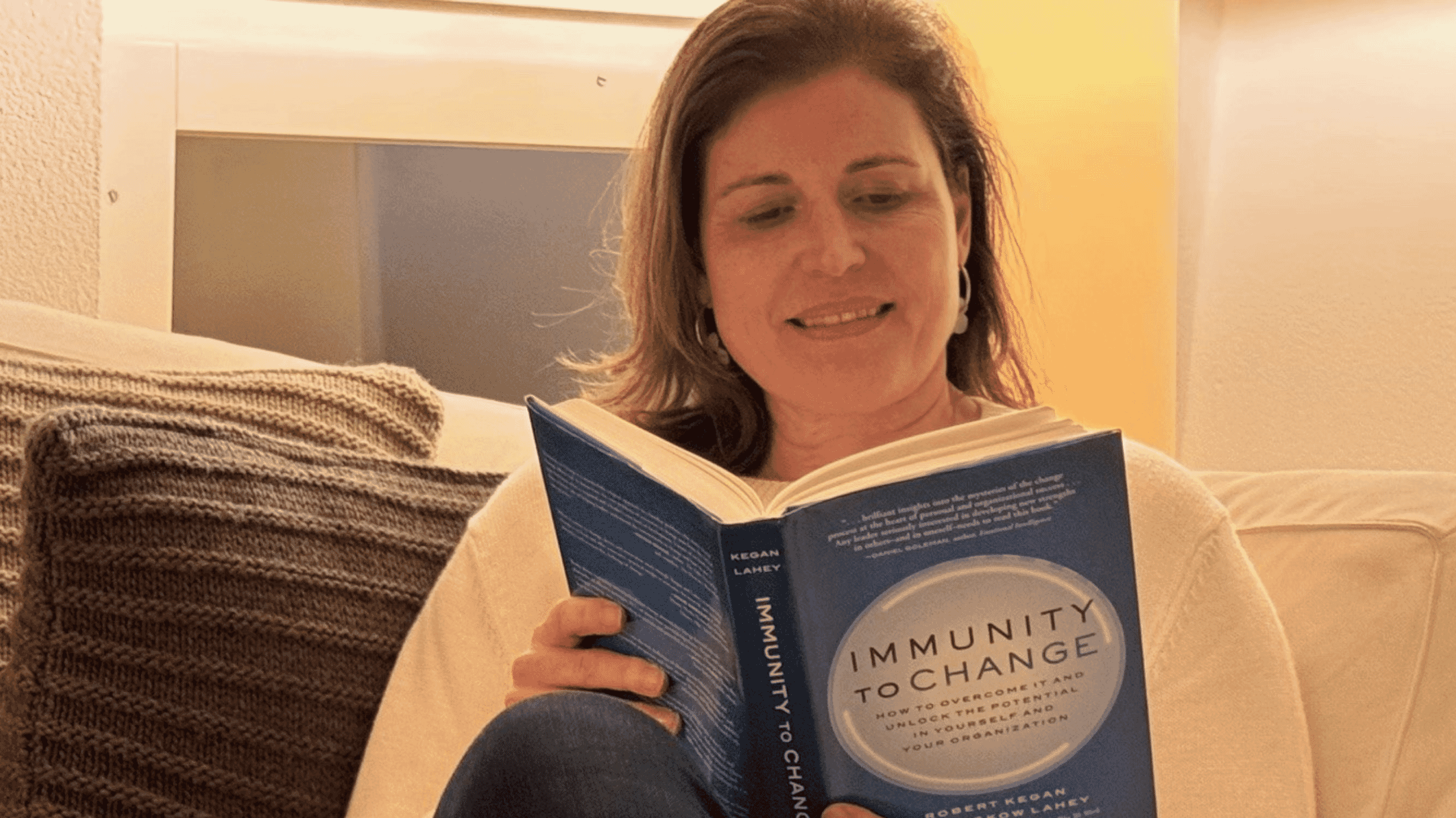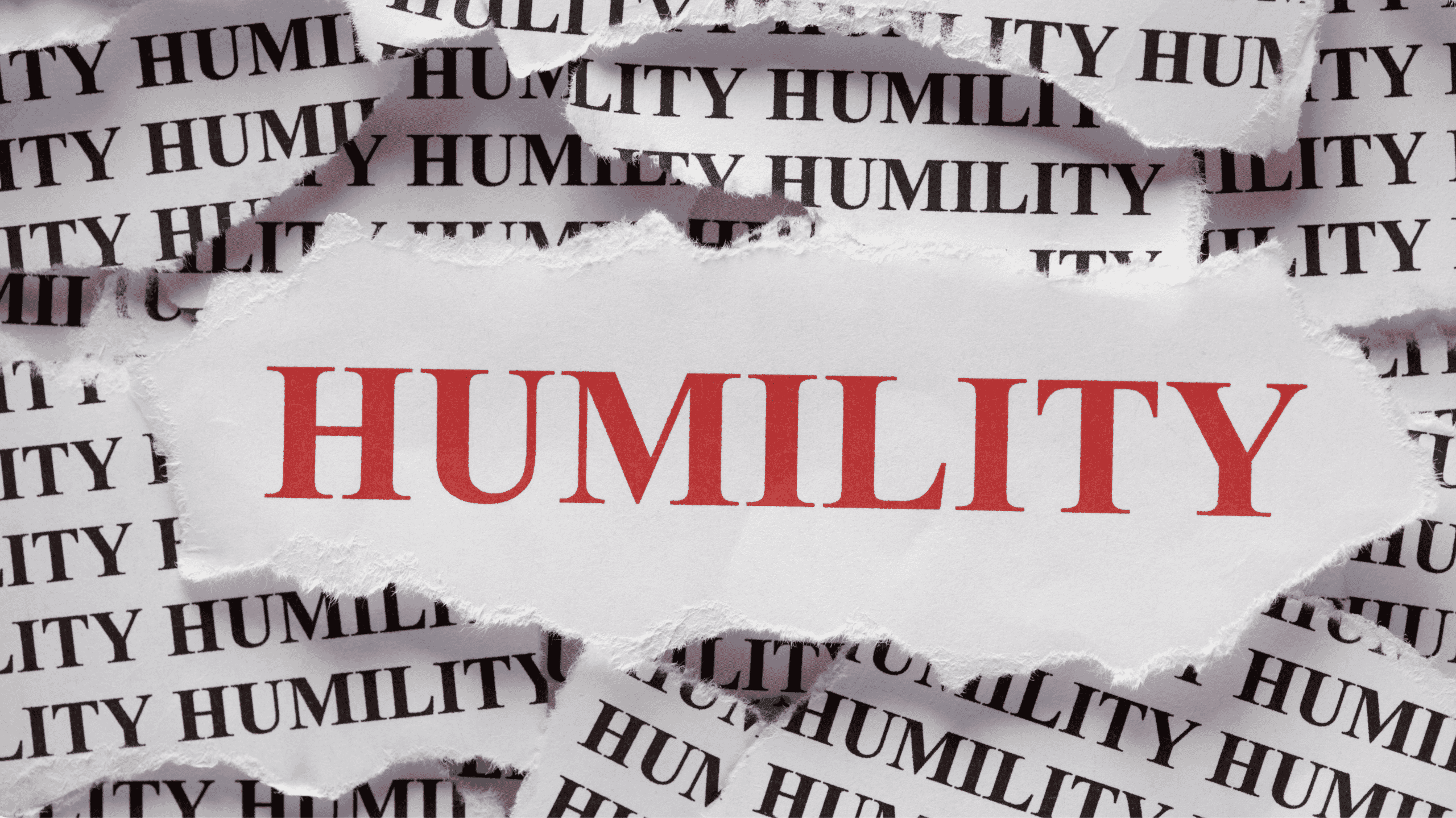Interview on Feedback with Florian Franzen
Can you describe your approach to giving constructive feedback? How do you ensure it is effective and well-received?
Date: 18. November 2024
Categories: Feedback, PGmeet, Future Skills

Florian Franzen – Personality Guidance Team Member and Global Executive, Business & Life Coach
Can you describe your approach to giving constructive feedback? How do you ensure it is effective and well-received?
“First, for me it is important to understand the context (who is the feedback receiver, who is the third party if any, is it related to performance, development or succession planning). Then, it is also important to create a safe environment both psychological and physical, putting the person at ease, the person needs to feel that I am fully present. Now, my style is to always first state something positive about the person (that he/she has done). Moreover, it is important for me not to pursue with the word “but”, more with the word “and”. Demonstration of active listening and agreeing on the way forward is also essential (any action to take, how are we going to progress). I have been in the corporate world for about 20 years, so I was exposed to training on how to give feedback, but I think what is more valuable is to apply on-the-job-learning. Being self-aware enough to appreciate getting feedback, and confident enough to give feedback. Feedback is everywhere, performance feedback, development feedback, so I would not say I learnt how to give feedback by reading a book or specific training but just by working in the business. Again, I really tailor it to the context and person. I make sure I engage in both positive and constructive feedback. I believe in the power of the yin and yang, I believe in the power of a balanced approach, which means you can only have great strengths if there are areas where you are less good at.”
Can you share an example when your feedback led to significant positive change in a team member’s performance?
“A few months ago, I coached a talented young man, who was part of a leadership development program, and he had great performance results. Yet, he was unsure about his impact creation, and what his next career steps should be. And I realized in our conversations that he had a lovely level of humility/modesty, a level though that might hold him back in not seeing his full potential. So, I stretched him by asking “what is a position that you might be interested in yet you feel it is totally out of your reach?”. He mentioned a position and I asked him to write all the reasons he thought he would fail. I tried to connect his negative thinking to make him understand that it was actually not that negative. He thought of two reasons and I asked him to put these two things in his developmental goals which we then checked progress on. Just last week he called and said that he got the contract for this position. Focusing more on what is possible in the impossible is much more powerful than trying to only focus on the performance aspects because it can create tension or anxiety. This is an example of a feedback mechanism, more in a creative way, to help someone unleash their potential.”
Tell me about a time when you received unexpected or humorous feedback. How did you react, and what did you learn from the experience?
“What I learned is to trust the value I may create for others. And I am saying this humbly. An example: I recently provided feedback to a high potential talent. I felt I was very tough on her and stretched her, even though I always ask for permission first to do so at the start of the collaboration. One day, she actually came with homemade cookies and she said “you are one tough cookie”. My first reaction was “oh oh, so she actually thinks I am too tough” but then I thought “oh wow she is really creative and it shows me that something is happening in her, I mean why would she bake cookies for me”. I did not quite know how to respond at the moment but she actually called out her appreciation for the value that I helped her create in pushing her towards something that really was meaningful to her. I was educated in a humble way, so for me it is important to not underestimate the value that we can create. Especially, to stay open to this kind of positive, unexpected feedback.”
Share a memorable or amusing anecdote about giving feedback that had an unexpectedly positive or humorous response.
“So, first of all, I am described as being someone that is very close to the business but I also truly believe in the power of fun and creativity, and in surprising others by something that is unexpected. I was once coaching a senior leader who struggled in handling conflicts when managing up (not down). And she asked me for feedback, based on her Hogan Assessment, and I saw in her profile when I prepared her feedback that she was quite high in what we call “Interpersonal Sensitivity”. This can be a great strength for many things, however, the downside is that sometimes she might be conflict averse (going more for harmony, versus skillfully managing conflictual situations). She also had a high score on “Dutiful” under stress, meaning that she had a tendency to demonstrate a certain eagerness to please. I asked her how she feels in those situations, just before she is in those situations (handling conflicts while managing up). She answered, “I feel really bitter”. Here, active listening is coming into place, picking up words that the person in front of you is mentioning. So, I offered her the perspective of an orange: an orange zest is typically bitter, if you would bite into the unpeeled orange it would be “bitter”, and I encouraged her to unpeel the orange and get to the sweetness of the fruit. In other words, try to find something positive in a conflictful situation. And when you find yourself in a similar situation at the office, just try to visualize the peeling of the orange. And a few weeks later she called saying that every time, when she anticipates going to a meeting with a senior leader, she actually said that she takes an orange with her to remind her with the example that I gave. She said that it did not only add some fun to the situation but kind of helped ”unpressurize the pressure”. Ever since she is doing this, she is focusing on something positive, or sweet, when managing conflicts versus only seeing the negative impact. It increased her confidence level in those situations. I thought that was quite amusing.”
How do you encourage a positive feedback culture within a team or organization?
“Similar to the first question, if I tactically look at it, it is about understanding the context, creating a safe environment, starting with the positive, then the constructive feedback, etc. But more importantly, it is crucial for a manager to role model this, by proactively asking for feedback on oneself first. Role modeling that first, to then display actions based on that feedback. Your employees would then be more positive about receiving feedback afterwards because feedback is really a gift. It is a gift that should be embraced with gratitude and humility. I had a leader who was insisting on the fact that feedback is a gift. Over the years, I really realized what she meant with that, and I am very grateful that she shared that with us. She built her culture around feedback, within our team, with that in mind.”
Imagine you’re teaching a workshop on effective feedback. What engaging activity would you incorporate to help participants practice giving constructive feedback?
“This is something I stole when I underwent coaching certification. Something I picked up in that certification, which was around the question: ”what I like about this, is….” Meaning, I would ask participants to give one specific negative feedback to each other, although I use the word “negative” to make it more of a learning experience. The receiver then had to answer one thing about that feedback that she or he really appreciated. You will always find something positive: the person wearing cool glasses, the sun shining at you, even if it is out context. When you do this several times in a workshop environment, people will learn to see something positive in negative feedback versus jumping to the negative reactions right away. If you help people shift from defensive reactions, to push the person towards seeing something positive first, that could help break the “negativity” rhythm a little.”
How do you handle receiving negative feedback?
« We need to take feedback as a gift and as an opportunity to continue to drive opportunity and growth. And I try to unwrap the gift by applying everything I mentioned before in your questions. I try to stay open-minded and by not taking things personally – more so, trying to understand the context from where I am receiving the feedback from while seeing the positive in the negative. When you unwrap a gift you are not like “beuh what is this”, you do this with joy, and by being curious.”



